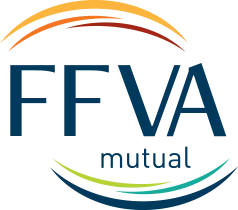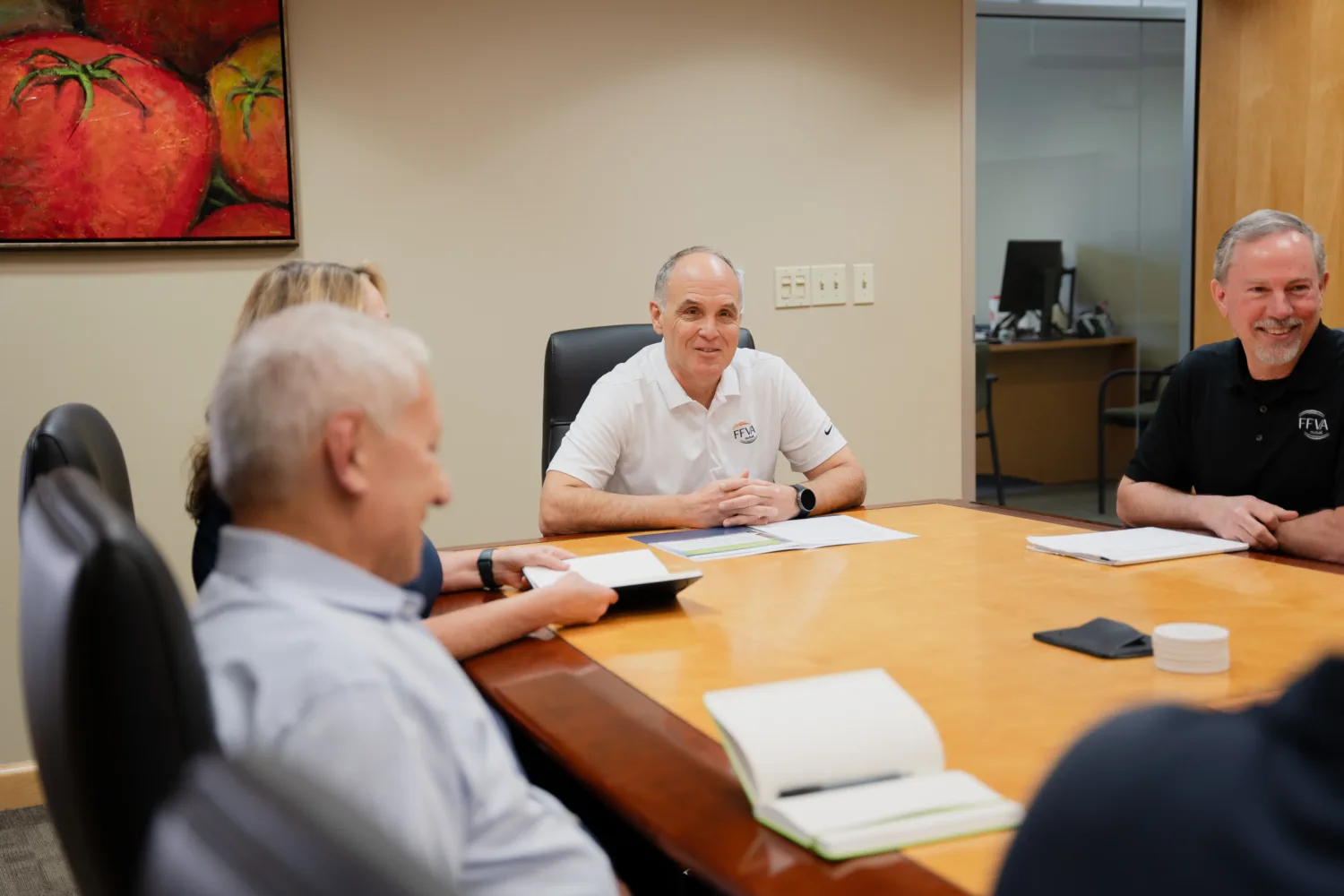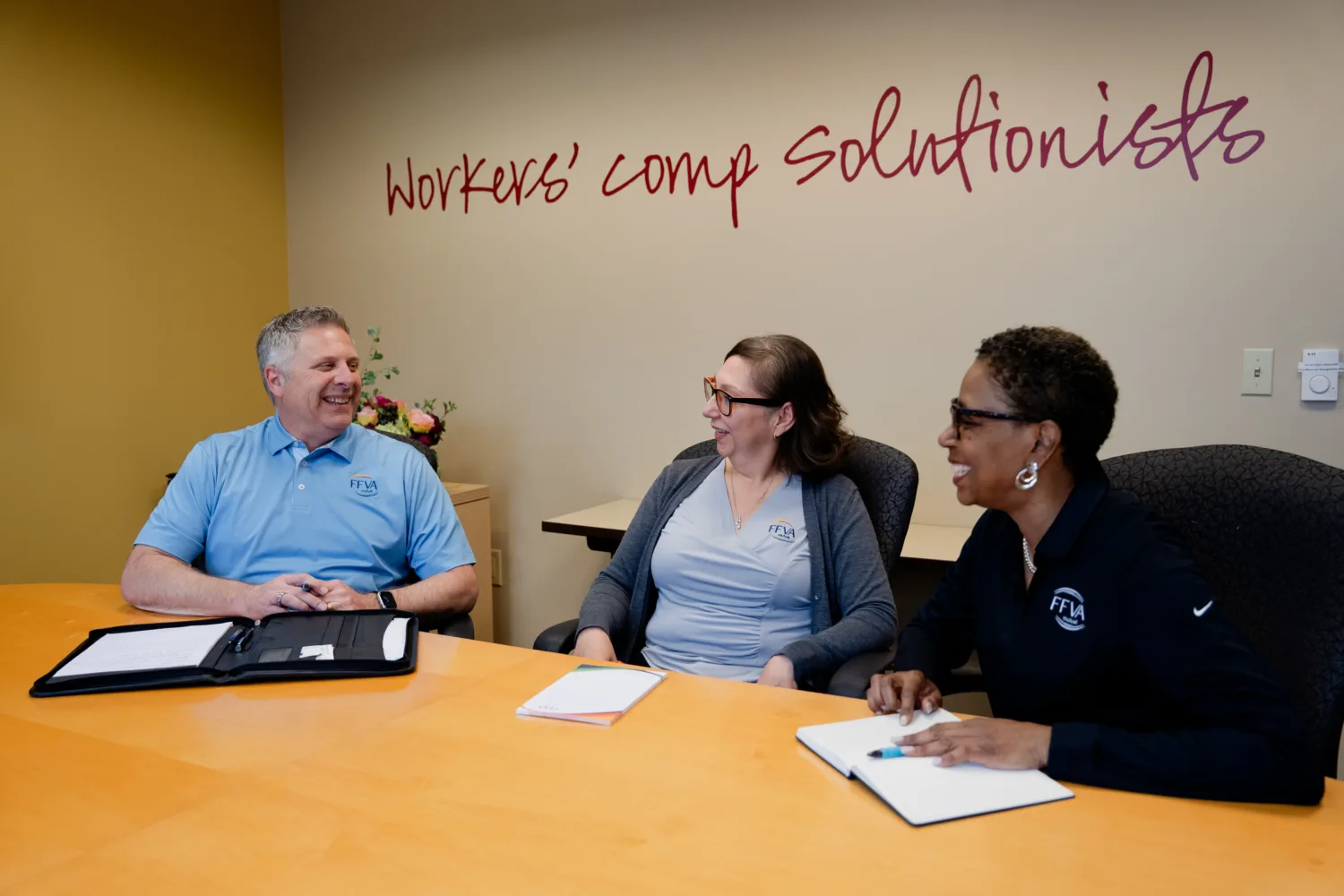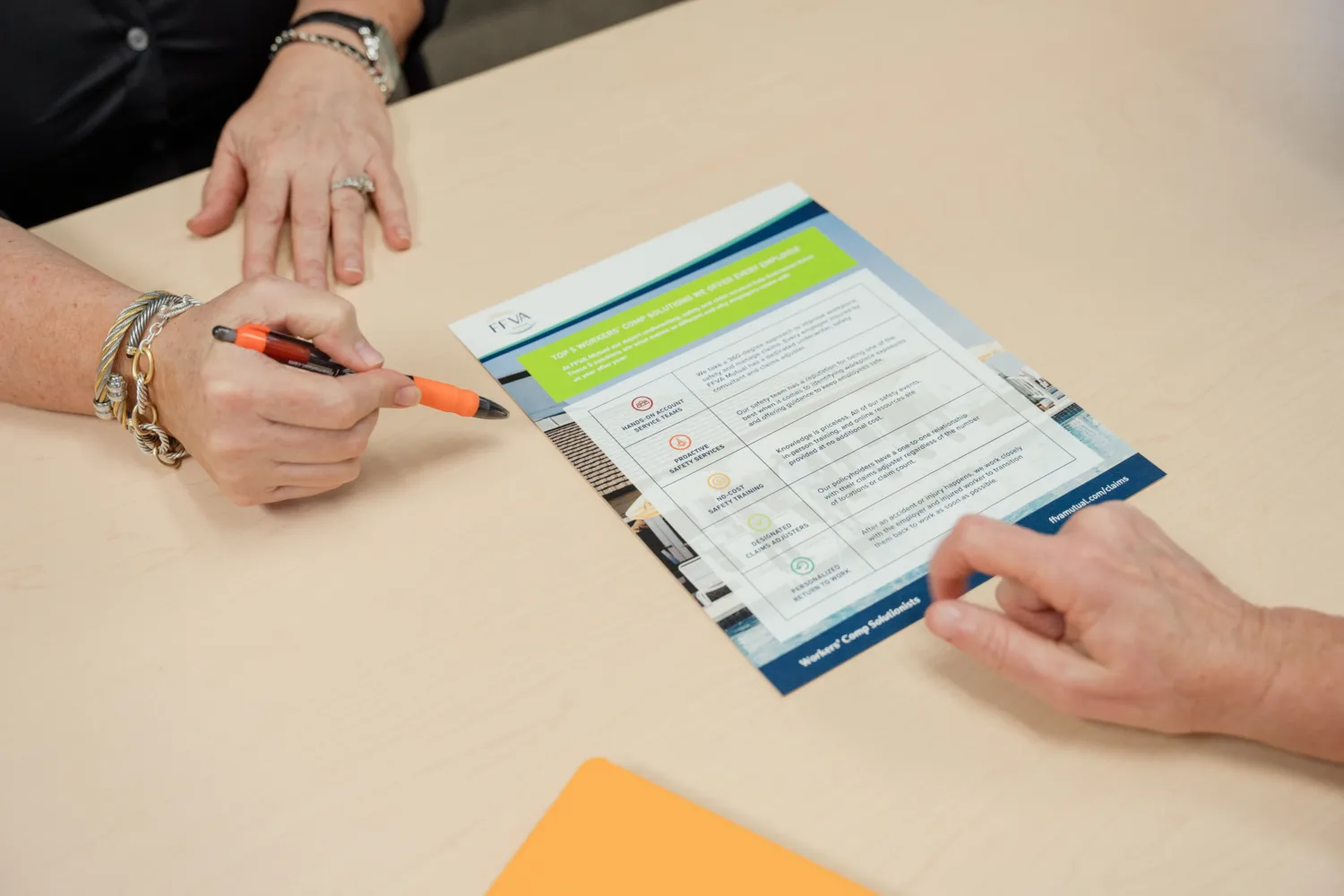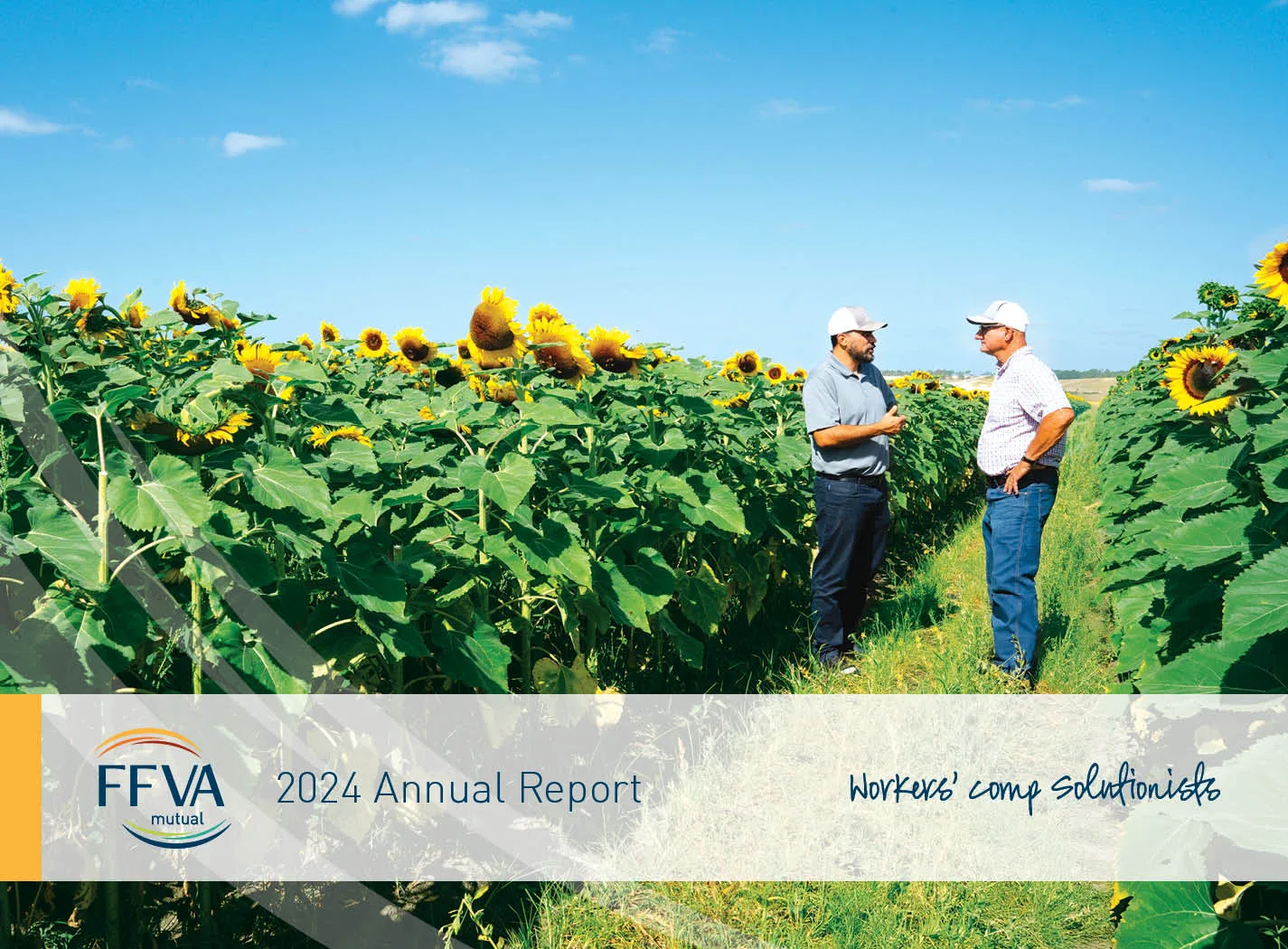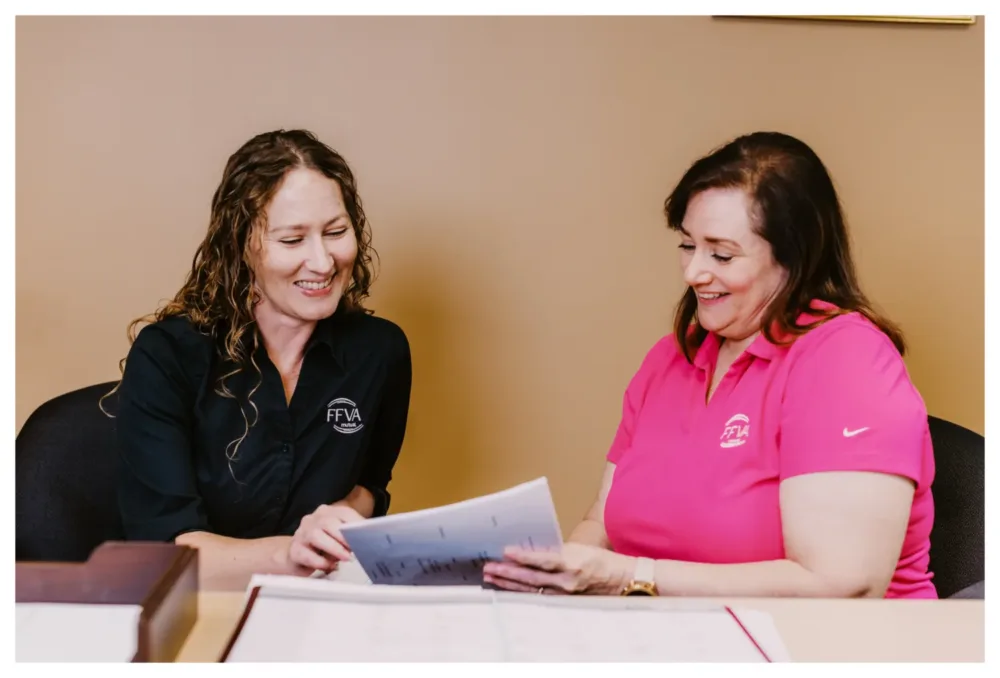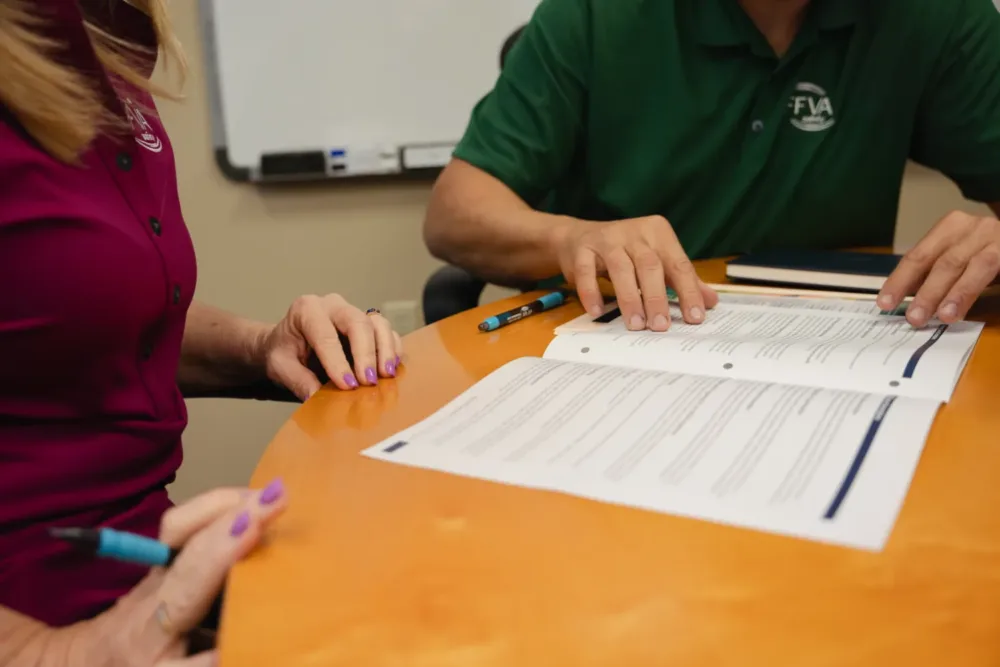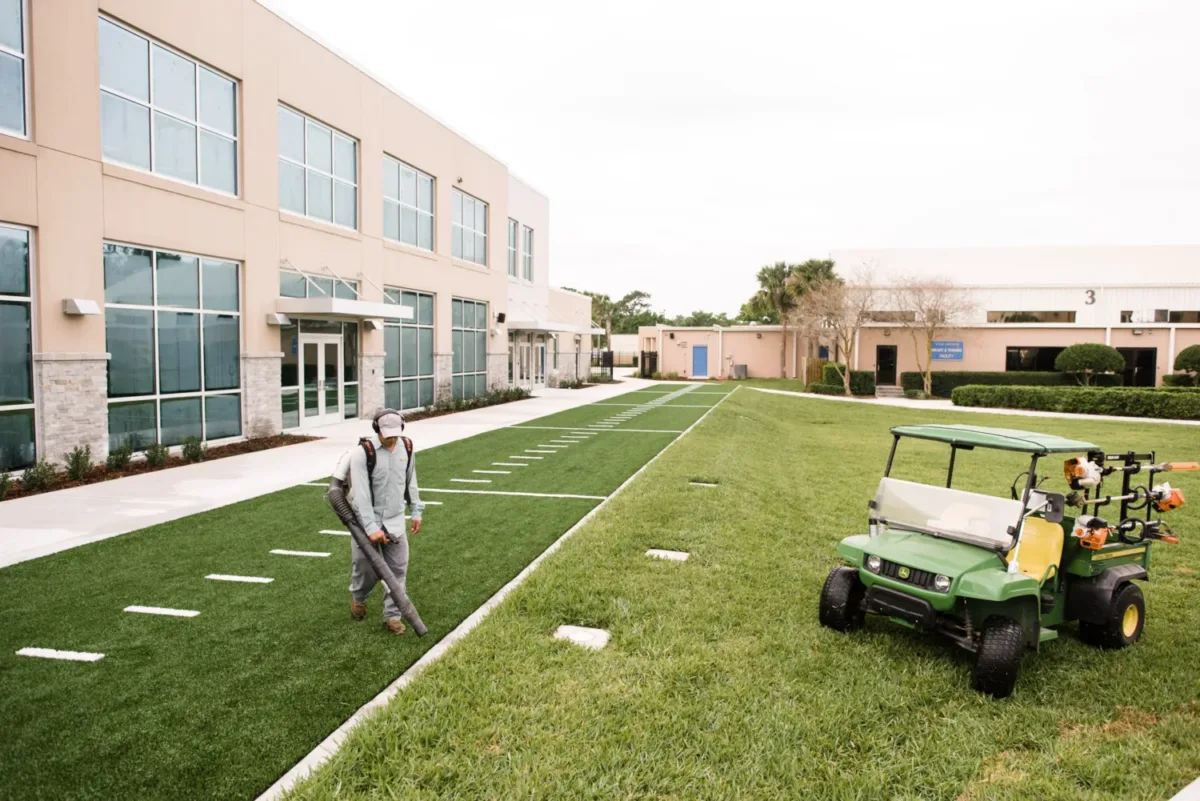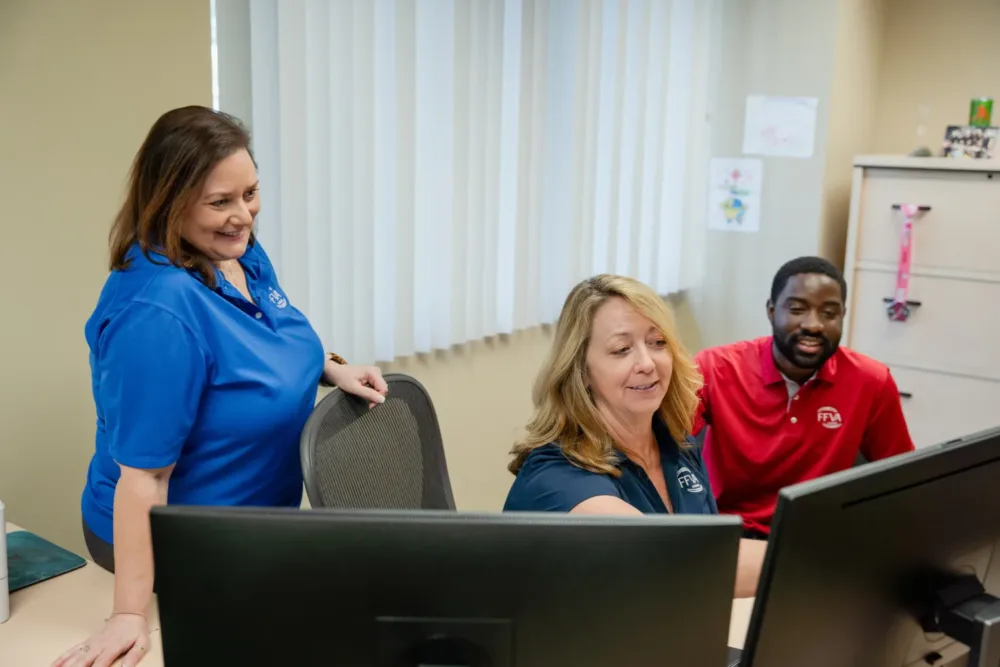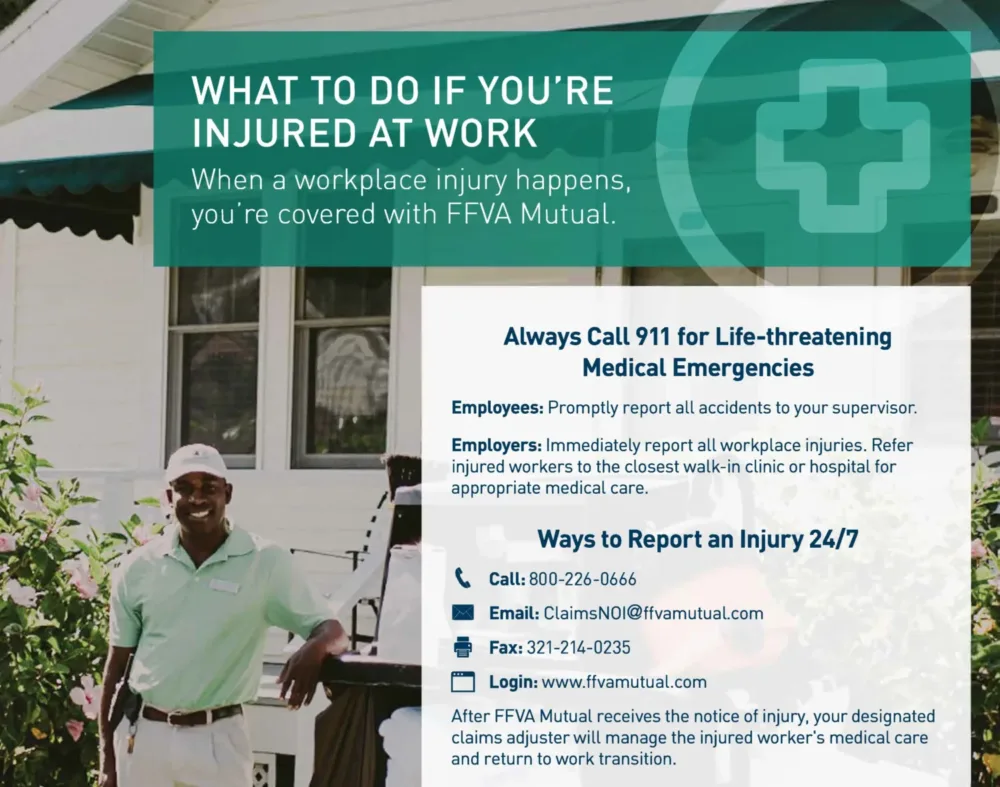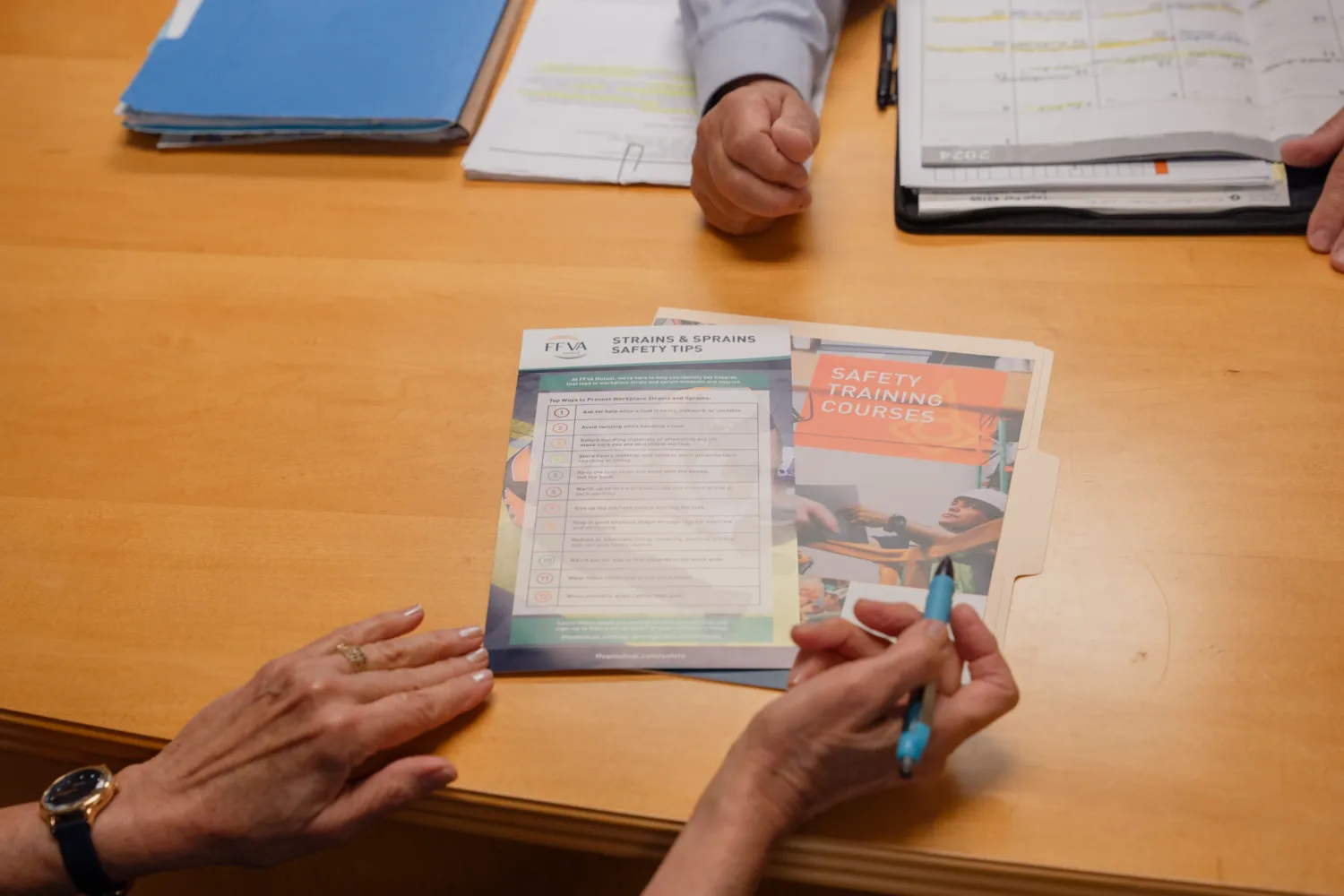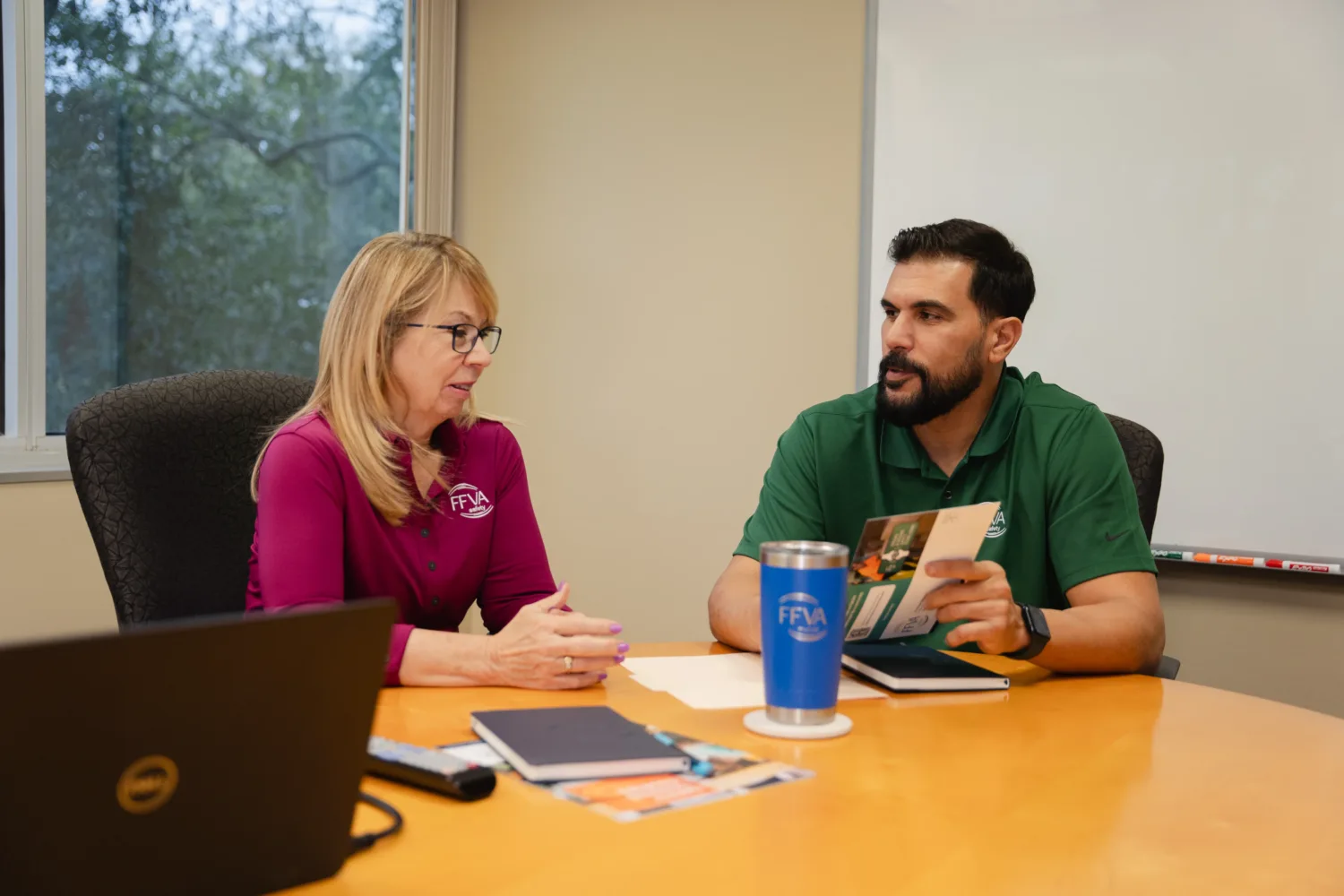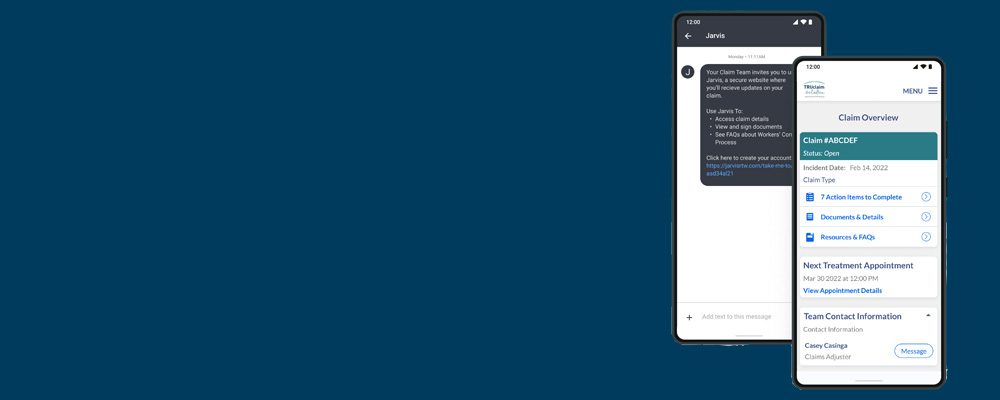RTW Benefits, Essentials and FAQs
Employees are every company’s most valuable asset, which is why safeguarding their safety and having a comprehensive Return to Work program is essential. The loss of a single worker can lead to costly productivity issues and decreased morale, especially following an on-the-job accident. What’s more, according to the U.S. Bureau of Labor Statistics, there were approximately 2.6 million nonfatal workplace injuries and illnesses reported in 2021, many of which resulted in significant time away from work.
So while an employer’s first priority is to make sure injured workers receive proper medical attention, it’s also important to aid their recovery and offer them a smooth path back to their regular job duties. That’s where an exhaustive yet empathic Return to Work program can make a world of a difference.
What is a Return to Work Policy?
A Return to Work (RTW) policy provides a structured framework that supports your employees’ transition back to a normal or modified schedule following a workplace injury or illness. It offers clear but flexible procedures that can be easily adapted to the specific recovery needs of the injured worker. While the primary goal of a RTW program is to help employees resume their pre-injury responsibilities as quickly and safely as possible, they also serve as a guiding resource for your management team.
An effective RTW program contains a variety of detailed policies that outline every step of the process, from reporting workplace accidents to consulting with an injured employee’s treating physician. Some of the core objectives of Return to Work programs include:
- Accident prevention: Active jobsite inspections, hazard analysis and hazard communications help you identify key risks and take preventative measures to reduce on-the-job injuries and illnesses.
- Employee wellness: Health and wellness initiatives that encourage regular exercise, healthy diets and mindful work habits supports your workers’ overall well-being.
- Personalized support: Straightforward RTW policies provide a clear roadmap for your employees’ recovery and keep management focused on long-term solutions.

Top 5 Benefits of a Return to Work Program:
Incorporating RTW policies into your employee health and safety plan offers a variety of financial and operational benefits for your company and workers. A comprehensive program helps employers stay proactive before and after a workplace accident happens, ensuring your management staff can develop more effective preventative measures to safeguard other employees from similar hazards. And while it’s difficult to completely eliminate all workplace risks, there’s usually room for improvement.
- Decreased medical, legal and disability claim costs: The longer an injured employee is away from work, the more expensive their insurance claim becomes. Providing your workers with emotional and administrative support streamlines their recovery and encourages them to return as quickly and safely as possible. Additionally, RTW programs allow employers to anticipate medical and disability costs, efficiently manage work injury claims and reduce the financial impact of workplace accidents.
- Increased employee morale and productivity: Offering injured employees a customized Return to Work plan communicates care and concern, and demonstrates your commitment to their personal well-being. Additionally, workers who feel respected and valued tend to be more direct about their concerns and individual needs, which makes it easier to coordinate modified and light-duty assignments. Fostering a mutual understanding with your employees is an essential part of building a satisfied and productive workforce.
- Reduced time expenses resulting from lost productivity: According to estimates from the National Safety Council (NSC), employee injuries cost U.S. employers around $167 billion annually including wage and productivity losses, as well as medical and administrative expenses. Although an injured worker may not be able to perform their normal job duties, offering them part-time work or light-duty assignments is a constructive alternative. This allows your employees to protect their earning power by remaining active and engaged during their recovery, though it’s important to prioritize their health and safety.
- Faster identification of workers’ comp fraud: While fraudulent insurance claims are relatively rare, it’s important to have processes in place to identify irregularities and avoid costly oversights. Unfortunately, the most common type of workers’ comp fraud is claim-related, according to the Council of State Governments. Although these can be mitigated by staying in touch with an injured employee’s medical provider, RTW programs provide clear procedures for maintaining effective communication during every stage of the recovery process.
- Motivated workers who want to return to work quickly and safely: Return to Work programs provide clear procedures for maintaining open and honest communications during every stage of the recovery process. This is crucial to reintegrating workers back into your organization, as a lack of direct contact may leave them feeling overwhelmed and unprepared. Studies have shown there’s only a 50% chance that an injured staff member will return to work after a 6-month absence. Return to Work programs help employers motivate their workers to maintain a productive mindset with a focus on safety.
Another potential benefit is the possibility of lowering your organization’s experience modification factor. Companies that experience frequent workplace accidents often have higher insurance costs compared to other employers in their industry. A high experience modification factor may significantly impact your workers’ comp premium, which is why it’s crucial to maintain a safe working environment for your employees. An effective RTW program helps reduce related claim costs through accident prevention and employee safety training initiatives.
Essential elements every return to work program must have
The most important feature of a successful Return to Work policy is positive communication. Open and constructive dialogue is the bedrock upon which all other elements are built. We can’t stress this enough, as the lines of communication need to be open among all parties involved — employers, employees, medical providers and insurance adjusters. Now, let’s go through some elements that make a program not just functional but exceptional:
- Job analysis: First off, you want to really understand the job your injured employee does day-to-day. When you know the physical and mental tasks involved, you can personalize a RTW program that makes sense for that individual, while also pinpointing possible areas that need safety improvements.
- Gradual transition plans: A one-size-fits-all approach is seldom effective. Instead, gradual transition plans offer a scalable path for re-entry into the workforce. By slowly ramping up responsibilities and hours through light duty work, employees can acclimate to their role without exacerbating injuries or pushing their limits too far, too soon.
- Temporary light/modified duty positions: Creating light duty assignments that are easier on the employee physically is a win-win. They stay productive and part of the team, and you maintain some level of output. It’s a way to show that you’re committed to your employee’s well-being and that they still have a valuable role to play.
- Clear communication: We’re circling back to communication because it really is that important. Regular updates between everyone involved — employers, employees, insurers, you name it — avoid misunderstandings that can derail the whole process. Everyone should know what’s happening at each stage.
- Ongoing support mechanisms: Let’s not forget about what happens after the initial return. Keep the support coming. Whether it’s continued mental health services or ongoing skills development, long-term support goes a long way in helping an employee not only return to their essential job functions but also thrive.
Frequently asked Return to Work policy questions (FAQs)
How long after an accident does an employee have to report it?
- Time is of the essence. Reporting as swiftly as possible is crucial, not just because of state regulations but also for the well-being of the employee and the integrity of the claim. Waiting longer than 30 days could mean the claim gets denied. But bear in mind, that the time frame for reporting can vary by state.
What’s the employer’s deadline for reporting to the insurance company?
- Again, faster is better. Aim to report as soon as you’re aware of the incident. While you have a maximum of seven days, immediate reporting is generally more beneficial for everyone involved.
Can an employee be fired for receiving workers’ compensation benefits?
- That’s a hard no. It’s against the law, plain and simple.
Who covers the medical bills?
- No need for staff members to dig into their pockets. All authorized medical bills are covered by the workers’ compensation insurance company.
Do employees get paid when they lose time from work due to injury?
- This is a state-specific issue. In Florida, for example, employees aren’t compensated for the first seven days of absence. But if the absence lasts longer than 21 days, those first seven might be retroactively paid. Make sure you’re up-to-date with the regulations in your particular state.
What if returning to the same type of work isn’t an option?
- Here’s where a phased RTW program comes into its own. It can adapt to a returning employee’s changing capabilities. Moreover, the law often provides free reemployment services for eligible individuals.
Make the transition back to work simple and seamless with FFVA Mutual
Your employees don’t need to go it alone, and neither do you. At FFVA Mutual, our team of safety and claims Solutionists specialize in facilitating a rapid and safe return to work for injured employees. We’ve distilled this expertise into a DIY starter kit, replete with downloadable resources to kick your Return to Work policy and program into high gear.
